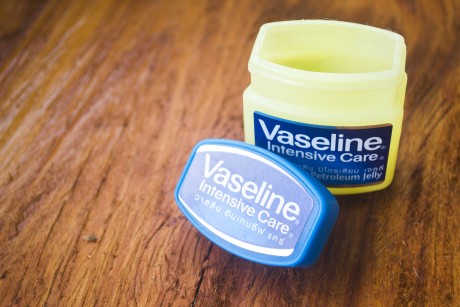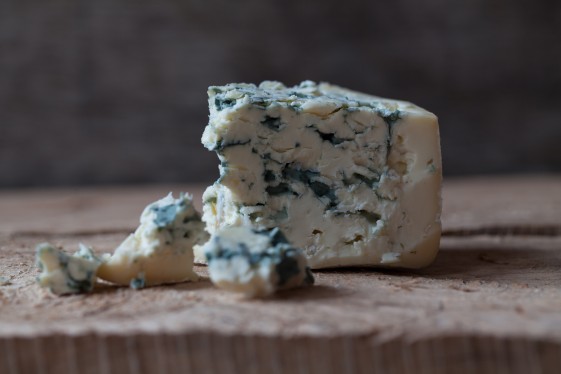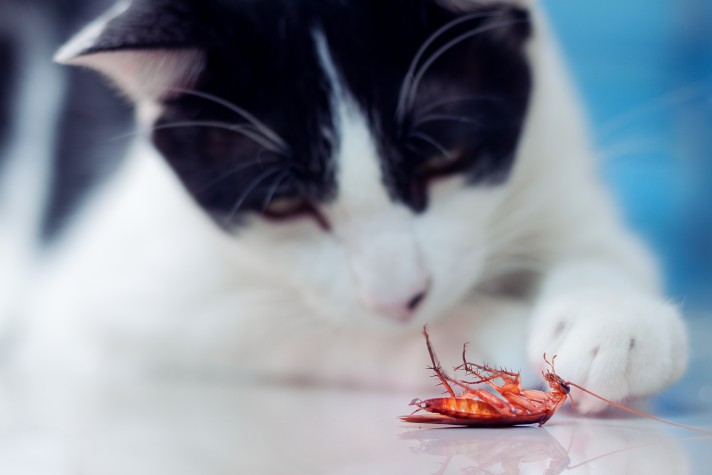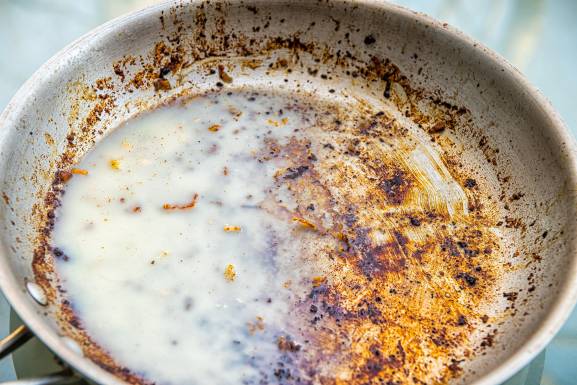
Connect with a verified veterinarian in minutes. Licensed vets are available 24/7 to answer your questions. No need to worry about your furry family member.
Has your cat eaten some Vaseline? Are you worried the Vaseline will make your cat sick? If so, then you’ve come to the right place! We understand it’s scary when our fur babies eat something they maybe shouldn’t have!
In this article, we’ll take a look at Vaseline and whether or not it can make your cat sick. Let’s get started!
What is Vaseline?
Vaseline, also called petroleumjelly, is a product that many of us have at home. Vaseline is made from petroleum ingredients, and it is used to seal moisture into the skin and create a protective layer. It can also help the skin to heal from minor burns and scrapes.
While Vaseline is made to be used on the skin, it’s not safe to ingest this product. What about cats? What happens if your cat eats Vaseline?
Vaseline & Cats
Vaseline is a byproduct of petroleum, just like gasoline and kerosene are. Nasty cancer-causing chemicals have been removed so that the product is safe to use on the skin, but this still doesn’t mean we should be eating it.
There’s an old-fashioned myth that continues when it comes to Vaseline and cats. Vaseline is sometimes used by pet parents as a remedy for hairballs. However, it is a topical product and should not be eaten regularly. ..
Using Vaseline on a long-term basis for hairballs could lead to nutritional deficiencies in the cat. This is because Vaseline can form a thick greasy layer in our cat’s intestines stopping nutrients from being absorbed by the body properly.
If you have concerns that your cat is suffering from hairballs then you should speak to your vet who will be able to recommend a more appropriate product. regularly, to remove loose hair, can also help to prevent hairballs.
If your cat accidentally eats a small bit of Vaseline, he will probably be OK, though he may suffer from some mild gastrointestinal problems.

Review symptoms, medications & behavior to keep your pets healthy with a Vet Online in just minutes.
Ask a Vet Live NowSymptoms of Vaseline Ingestion in Cats
You may notice these symptoms if your cat has ingested Vaseline:
- Vomiting
- Diarrhea
- Abdominal pain
- Excessive salivation
- Lethargy
- Reduced appetite
If your cat is showing any of these symptoms, then it’s time to call the vet.
Treatment of Vaseline Ingestion in Cats
If you are worried that your cat has eaten a large amount of Vaseline then you should contact your vet for advice. While petroleum jelly is a fairly safe product, your vet may still want to treat your cat for gastrointestinal upset and ensure no other symptoms are developing.
The good news is that your cat should make a full recovery if he receives prompt medical treatment. He will be back to his playful self in no time!
Connect with a verified veterinarian in minutes. Licensed vets are available 24/7 to answer your questions. No need to worry about your furry family member.

Rebecca MacMillan, BVetMed BSAVA PGCertSAM MRCVS
This article has been reviewed and approved by an independent Veterinarian: Rebecca is a companion animal vet who has always had a passion for writing and client communication. Since her graduation from the Royal Veterinary college in 2009 she has gained a wealth of experience in first opinion small animal practice, in both clinical and managerial roles. She currently works in the South West and deals with a variety of routine and emergency appointments, but particularly enjoys medicine cases. Outside of work and writing, she enjoys spending time with her family, including her bouncy flat coated retriever George!
Review symptoms, medications & behavior to keep your pets healthy with a Vet Online in just minutes.
Ask a Vet Live Now




